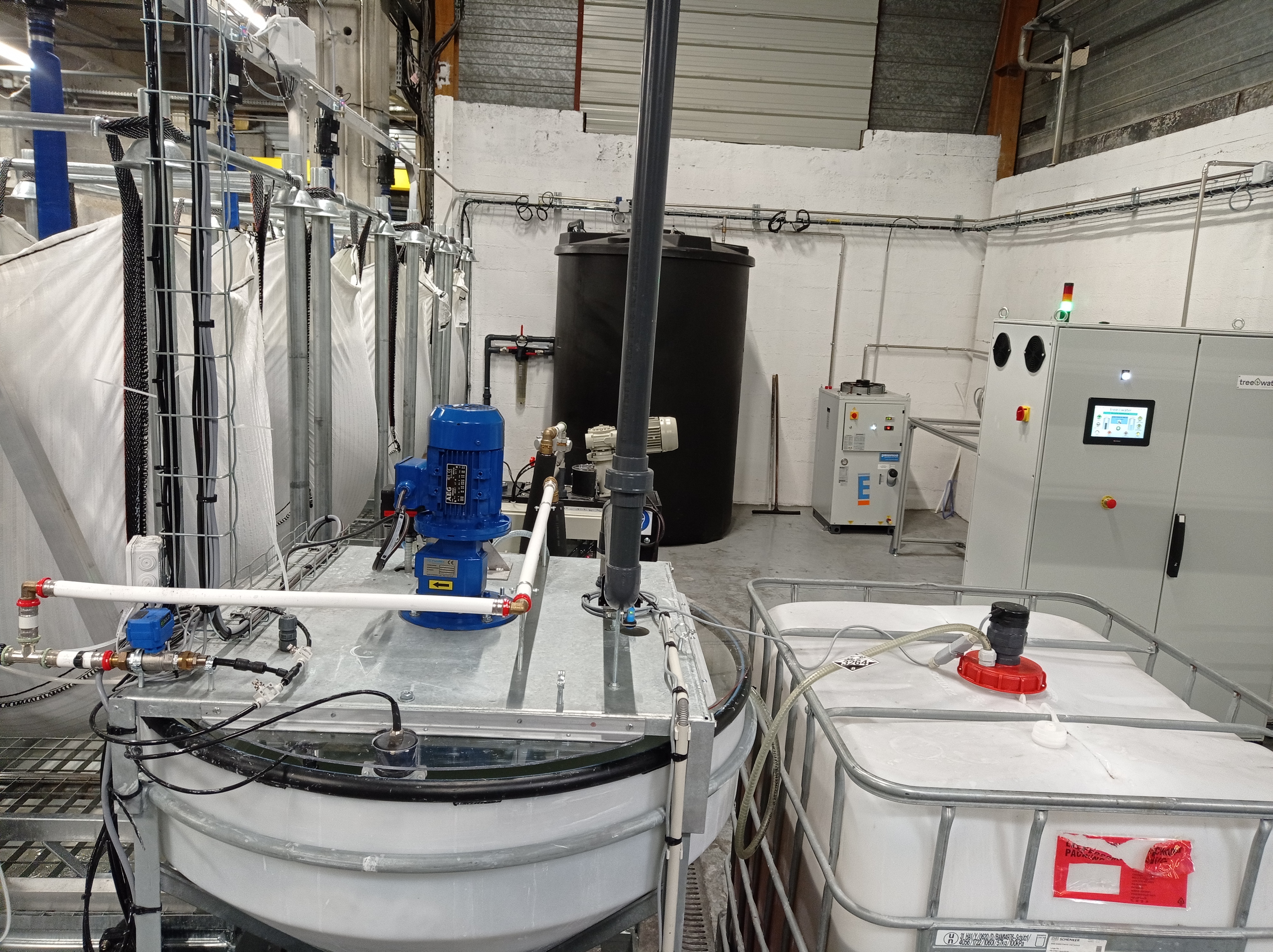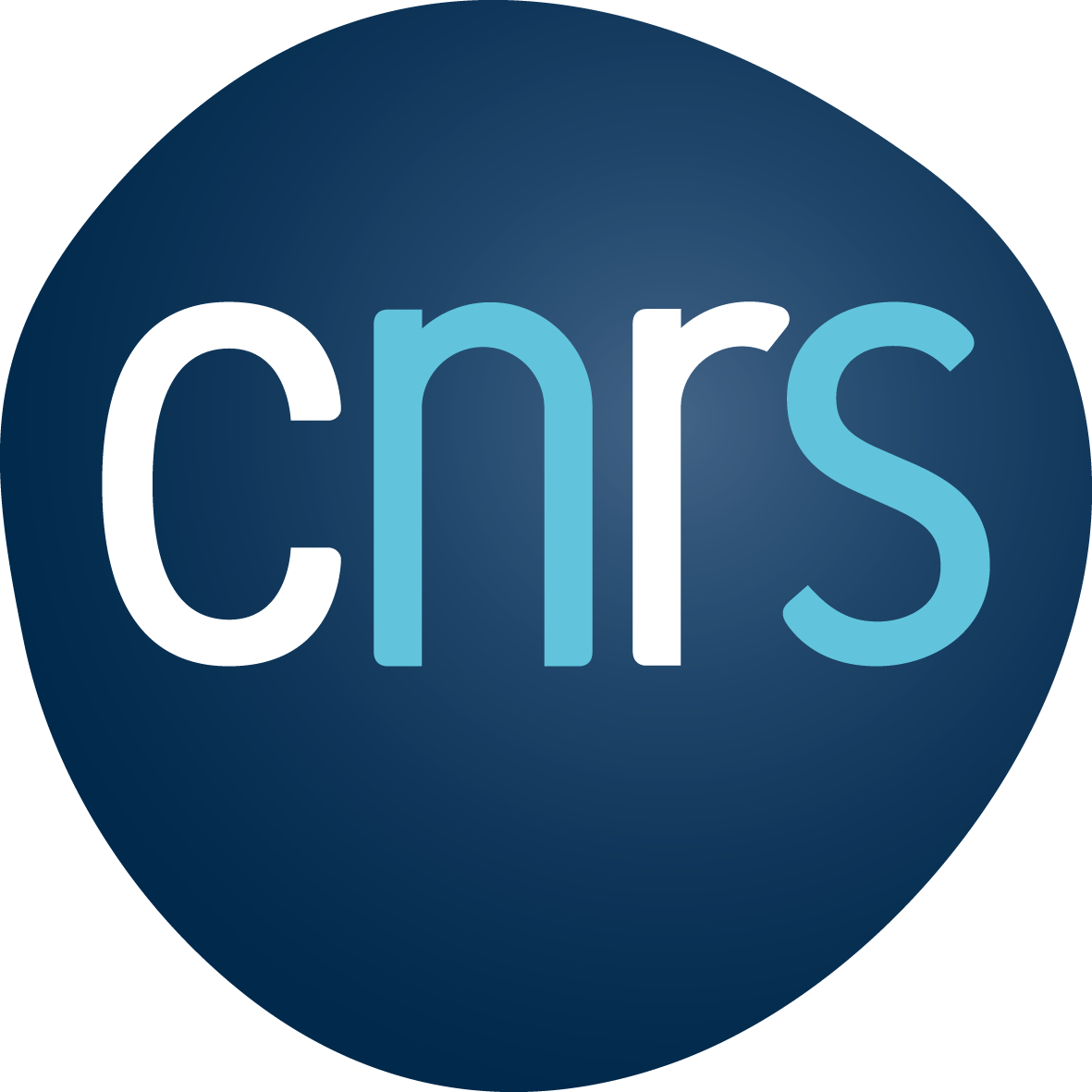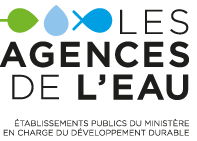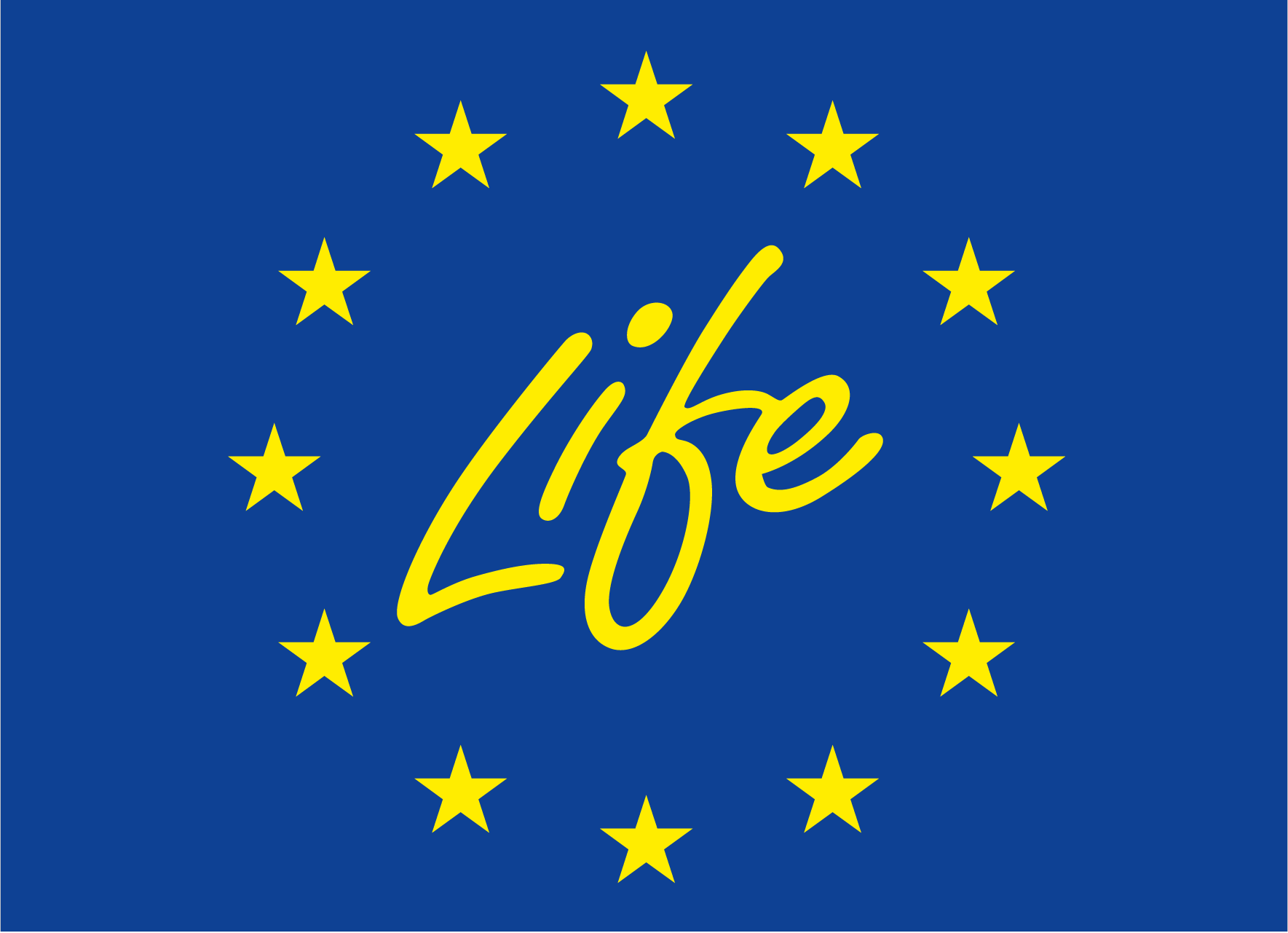News

 Treewater takes a stand for industry
Treewater takes a stand for industry
Tree Water, based at lneed, has become an expert in advanced oxidation technology to help industry clean up its effluents and save water. Here's how it works.
Preserving water resources, and ecosystems beyond, is the main challenge for the years to come, unless we decide to mortgage the planet and, by extension, our chances of survival. Even though it accounts for "only" 8% of water withdrawals and "only" 4% of the country's water consumption (compared with 23% for energy production, 49% for agriculture and 24% for domestic use), industry is called upon to make an effort and implement sustainable solutions, in every sense of the word. Tree water (Tree stands for Traitement, Recyclage et Expertise des Effluents - treatment, recycling and expertise of effluents), which has been based at the lneed premises in Rovaltain for the past 4 years, has a catalog of solutions that could provide many answers.
Appropriate solutions for industry
"After several years of research, supported by a number of specialized institutes and laboratories such as the French Water Agency (Agence de l'Eau), NSA (Institut Wational des Sciences Appliquées) and the Axelera competitiveness cluster, we have succeeded in mastering advanced oxidation technology. This solution enables us to eliminate refractory chemical pollutants such as hydrocarbons or endocrine disruptors, as well as resistant micro-organisms. Today, we're in a position to deploy this technology, which produces no waste on a large scale, whether for water coming from a treatment plant or from groundwater or contaminated catchments," sums up Marc-Emmanuel Bouchard, Chairman and co-founder of the company with Bruno Cédat.
Cleaning up water from dry cleaners and laundries
While the company is open to a wide range of sectors (water recycling processes have already been implemented in three industrial companies, specializing in paper and textiles), it has also become heavily involved in the laundry sector, one of the biggest consumers of water and producers of wastewater, and therefore one of the most buoyant economically speaking. A process has been patented with the aim of recycling 80 to 85% of this wastewater. Selected as part of the European Life funding program, this system is currently being tested in Spain, where the regulatory context is more tolerant than in France, and has been granted a budget of 1.5 ME to ensure its development.
Numerous projects under study
Winner of the BPl Innove competition, Tree water has also developed Electrotate technology in collaboration with the CNRS. The stakes are high, since this process aims to reduce energy consumption and the use of chemicals in advanced oxidation processes, but also to treat or recycle industrial effluents at lower cost, and to extend the efficiency spectrum of advanced oxidation to refractory molecules such as PFOS (perfluorinated compounds known for their harmfulness), metals and microplastics. Another project in the pipeline is to leave the incubator and set up the company in its own
premises, if possible still within the Rovaltain perimeter, for the sake of practicality.
Advanced oxidation for the uninitiated
Tree water's technology combines ultraviolet light treatment with hydrogen peroxide (the scientific name for hydrogen peroxide). UV rays transform hydrogen peroxide into highly reactive hydroxyl radicals. These molecules attack and break down pollutants and organic matter. At the same time, UV rays disinfect the water. The advantage of this technology is that it can treat a wide range of pollutants and adapt to the quality of the incoming water.
Article by Frédéric Rolland from L'Echo Drôme-Ardèche.





